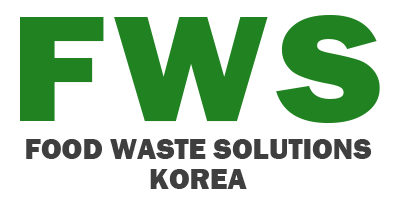MARINE
How Is The FWS Bio-Dehydrator Changing Food Waste Management At Sea?
OFFSHORE FOOD WASTE MANAGEMENT
No more waste overboard, no more mess with rotting food in the galleys and waste rooms, and no more concerns about abiding by different discharging and offload laws.
Marine Food Waste Management Solutions
The Traditional Approach: Out of Sight, Out of Mind.
Historically, marine food waste management has primarily involved grinding food scraps to a specific size and discharging them into the sea, in compliance with MARPOL Annex 5 guidelines. This method mirrors outdated land-based practices—essentially burying food waste in large landfills. Unfortunately, these approaches are far from ideal, as they contribute to the spread of microplastics in our oceans and harm the environment.
Contaminated waste streams entering the ocean have harmful consequences.
Wildlife
Your
Reputation
Your
Bottom Line
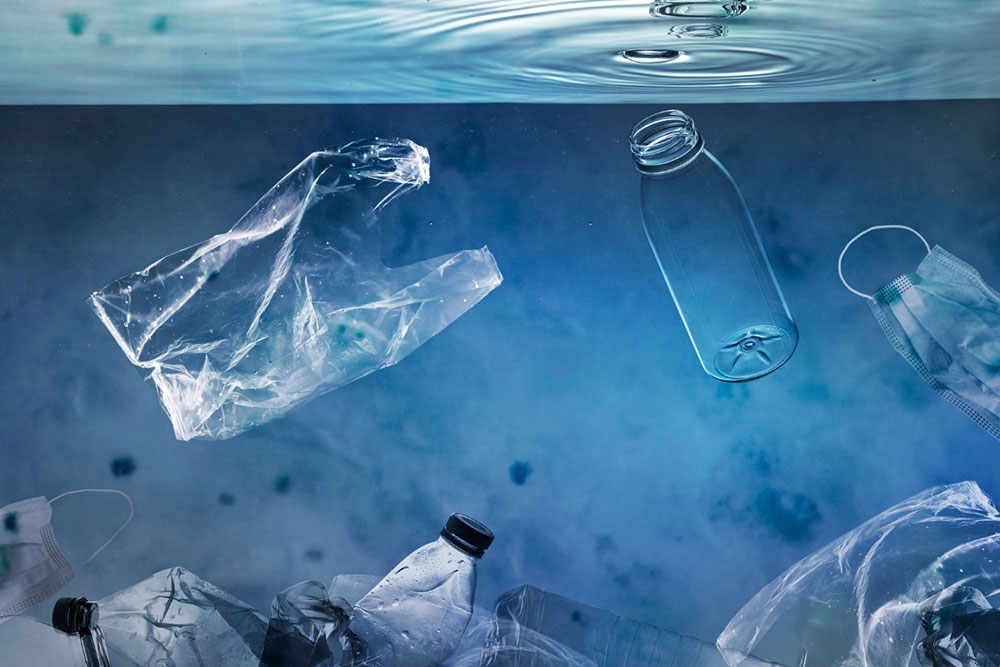

Navigating While Circumnavigating
Trying to navigate compliance with laws while traveling through international waters presents additional marine food waste management challenges. We understand that the differing quarantine regulations in certain countries and storing rotting food waste on space-limited vessels makes it difficult for operators.
Even when food waste systems grind in accordance with Marpol sizing, it is illegal to discharge microplastics into the ocean, and this cannot be guaranteed.
We don't go overboard; we turn your food waste into fuel.
Old Vessels, But New Options
Retrofitting existing vessels often poses a significant obstacle to implementing change. It is uncommon to find manufacturers capable of producing custom equipment specifically designed to fit the unique constraints of your vessels.
Seamless
Design
Easy
Installation
Robust
Operation

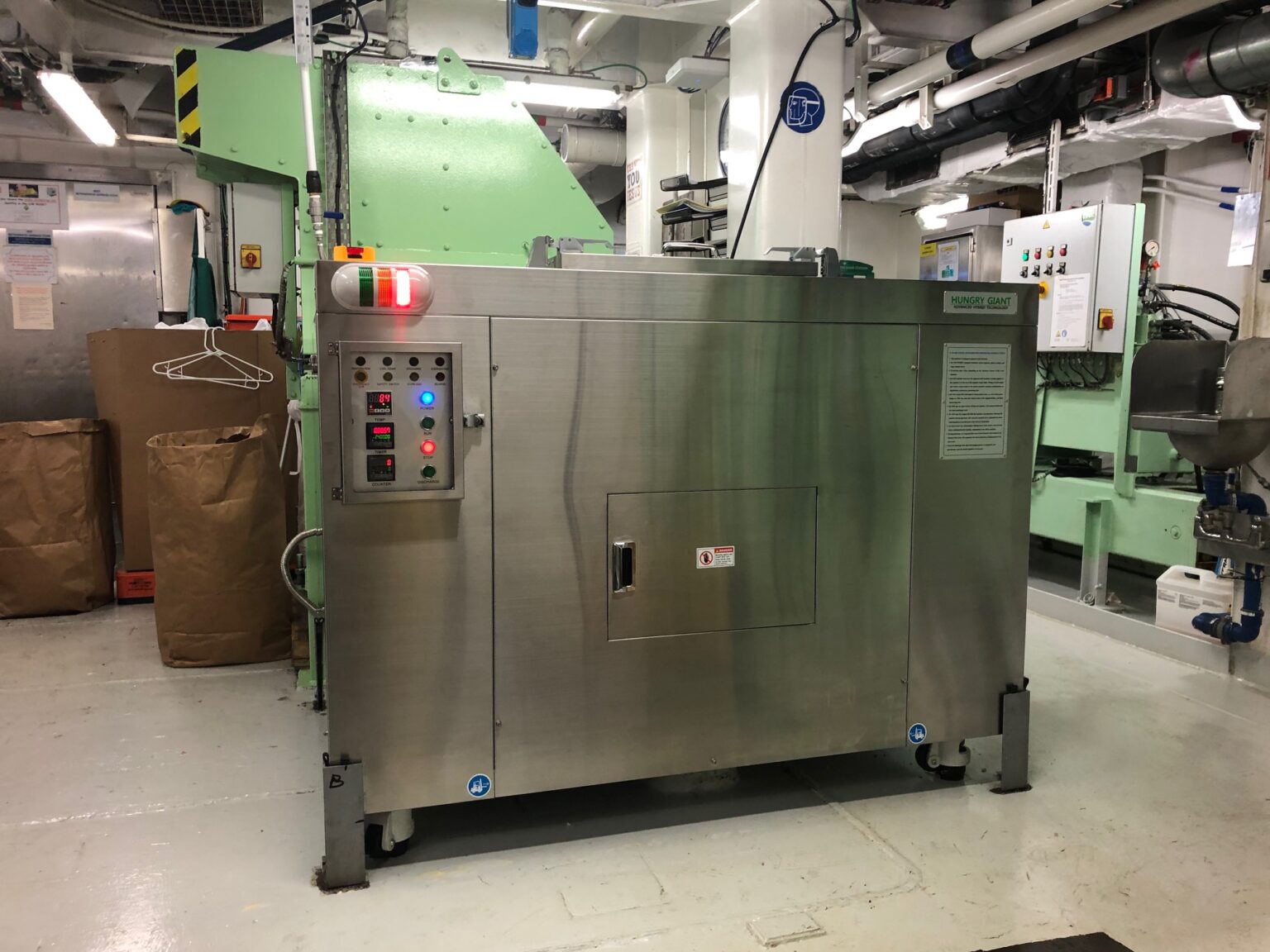
Rugged Tech With Established Reputation
Many of our clients have previously encountered the frustration of purchasing subpar equipment—often accompanied by unfulfilled promises, persistent technical issues, and a lack of after-sales support. These experiences have hindered broader adoption of effective solutions. FWS technology stands apart: built for performance and reliability, it features robust SS304 stainless steel construction, high-efficiency IE3 motors, and a proven track record—giving you the confidence to invest with assurance.
Key Features
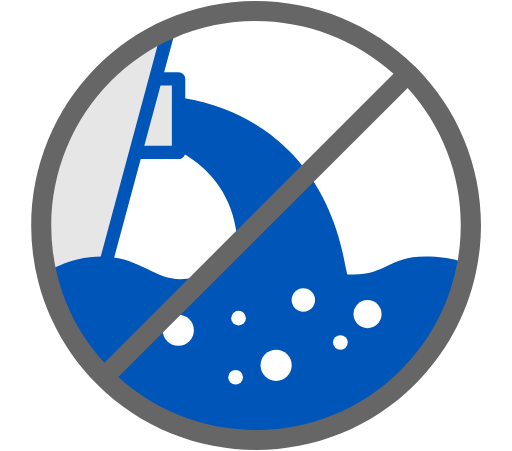
ZERO food waste overboard
No micro/nano-plastics discharged into the oceans

ZERO airborne pathogens (batch load system)
Safe in contained environments!
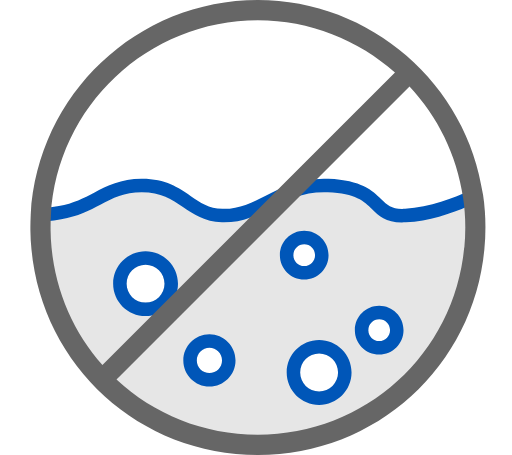
ZERO suspended solids (TSS) in condensate
Zero clogging of MBR membranes or pipes

ZERO water consumption to process waste
Resource efficiency
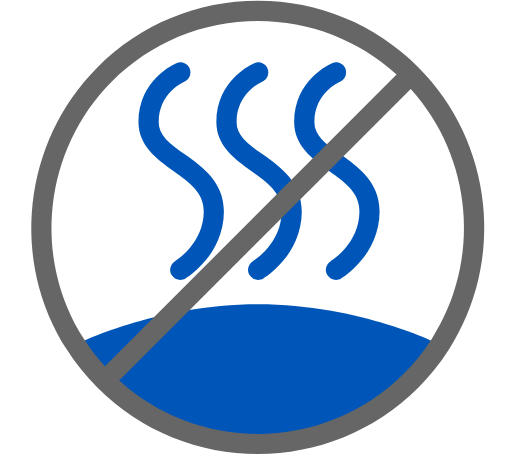
ZERO rotting food odors
Less yuck!

Most hard & soft food waste is accepted
Minimal separating, if any compared to other systems
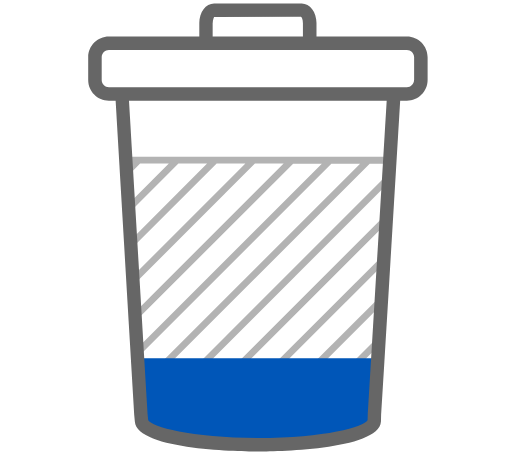
80-95% volume reduced & stabilized biomass output
Can be stored for extended periods

Output can be incinerated or gasified
High calorific value fuel source

Save on waste offload fees
Save disposal costs

Can be installed in any location on vessels

Fully customizable sizes ranging from 70lbs up to 3000lbs per cycle
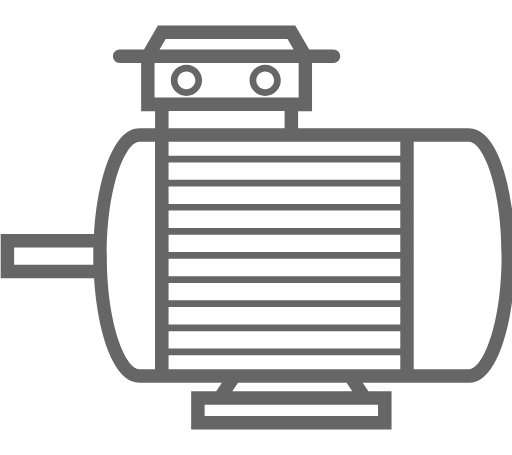
Marine-grade IE3 motors and SS304 construction
Ensures long lasting equipment
